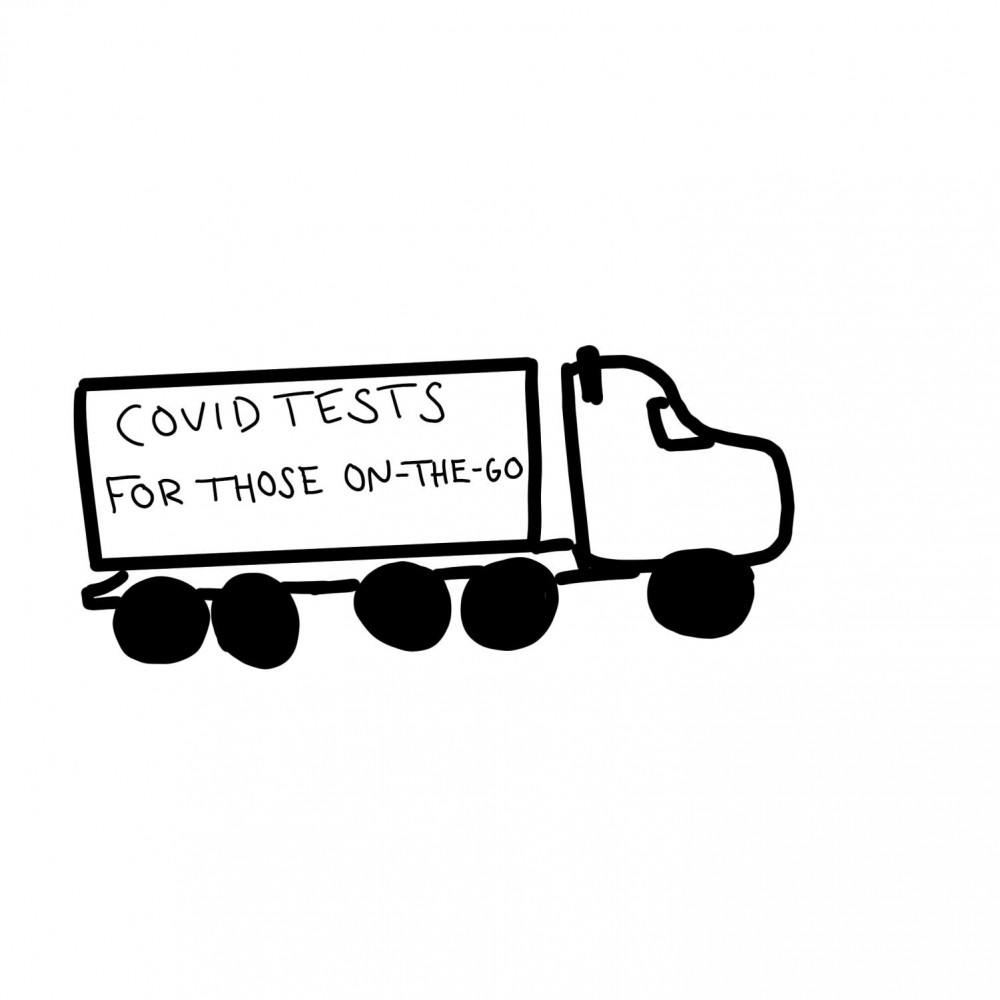The Student Activities Office emailed student organization leaders last week with updated information about college-sanctioned travel guidelines, including new restrictions on lodging intended to mitigate Covid-19 risks.
These standards have the greatest impact on club sports, which resumed competition and travel for the fall season but are not supervised as closely as varsity sports. Other student organizations that travel for competitions or overnight trips are subject to the same guidelines.
The new guidelines require student organization leaders to submit a travel request for each overnight trip. These requests, which are processed by the student organization liaison, can take up to three days. Overnight accommodations must be official lodging establishments such as hotels, and there is a strict capacity limit of two students per room.
While varsity athletes are tested every Monday, there is no required testing for traveling club sports teams. There are a limited number of testing slots available through the college’s weekly asymptomatic testing program in Virtue Field House.
Lily Shannon ’23, president of the women’s club rugby team, expressed their personal anxiety about traveling for competition and the college’s insufficient plan to address that risk.
The rugby team’s season has returned to its normal schedule of tournaments, which includes traveling for half of their games. Masks are required during gameplay, but Shannon still feels uneasy about the risks involved in competing.
“We are playing a contact sport; we are outside, but it is hard to stay distanced. Since we aren't getting regularly tested, none of us really know what's going on. I fully trust my teammates, but it would be nice if we could have more peace of mind,” Shannon said.
As the president of the team, Shannon has encouraged their teammates to sign up for asymptomatic testing, especially after longer travel weekends.
“If it were up to me, we would all be tested weekly regardless of athlete status or not, but the fact that we are still traveling out of state and not offered tests is a little concerning,” Shannon said.
Marco Fengler ’23, president of the co-ed club soccer team, believes the current guidelines are appropriate for traveling sports teams. Although the team remains cautious about Covid-19, Fengler believes the health risks and exposure are low because the majority of the campus population has been vaccinated.
“The college recently reported a significantly low Covid incidence rate, which gives us comfort in holding normal practices,” he said.
Fengler said that the wellness of his teammates is always a priority and that the team emphasizes safe playing conditions and injury prevention at each practice.
The club soccer team has 180 members, although most players do not attend all practices and only a small group of players travel to tournaments. Last week, the team traveled to Boston, a trip that complied with the current Covid-19 guidelines because the city falls within a 500-mile radius from campus.
The men’s and women’s Pranksters frisbee team competed in a tournament at Williams College this past weekend. The game was played on an outside field and every player was required to provide proof of vaccination. With such mitigation guidelines in place, Rae Zeller ’22, captain of the women’s team, told The Campus that health risks were not a major concern at the tournament.
However, Zeller felt it was disappointing that the college did not have other safety precautions in place for when club players return to campus, instead relying on team captains to take the initiative to encourage testing.
“We did recommend everyone get a test this week and directed them to the free Vermont Health Department asymptomatic testing in town,” said Zeller. “It was also disappointing that this was something we did on our own, and it wasn’t recommended in any communication to club sports that we’ve been getting from the school.”
Club sports and student orgs navigate return to competition and new Covid-19 guidelines

Comments



